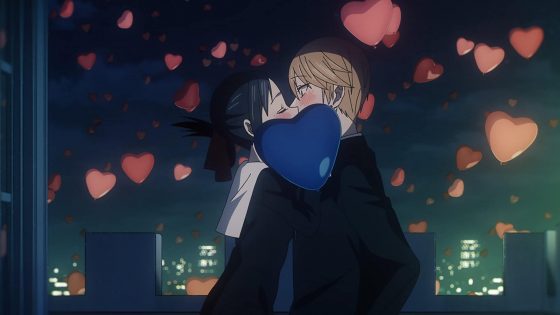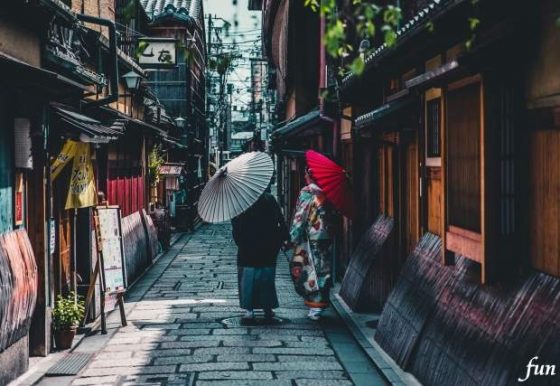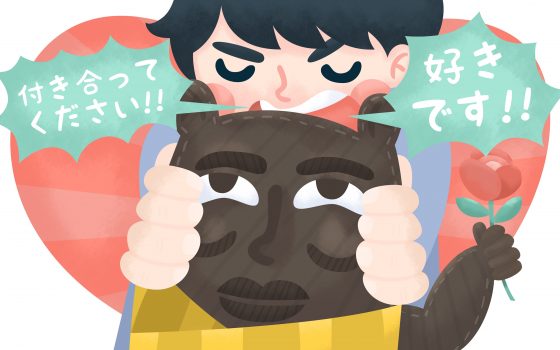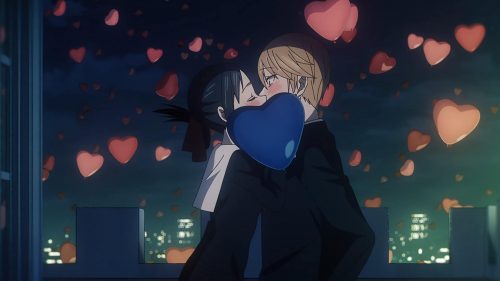123 Brett Michael Orr
Curated From honeysanime.com Check Them Out For More Content.

We’re going to start by addressing the elephant in the room. We won’t deny that the manga industry is predominantly concerned with hooking readers and getting you to buy issues regularly.
There’s certainly a market for one-shot romance manga, but for magazines like Bessatsu Margaret, Comic Yuri Hime, or Bessatsu Shoujo Comic, they need to sell their weekly or monthly issues—and hopefully get you to buy bind-up tankobon for extra commentary and bonus comics. Romance anthologies have certainly picked up steam recently, particularly for Girl’s Love (yuri) works, such as the popular Syrup and Èclair anthologies. These collections showcase a wide variety of mangaka and are great for short, bite-sized romantic stories.
As asininely capitalistic as it may sound, publishers get better bang for their buck if you’re invested in knowing whether Komi and Tadano confess in Komi-san wa Komyushou Desu. (Komi Can’t Communicate) or seeing which of the genius student council members breaks first in Kaguya-sama wa Kokurasetai – Tensai-tachi no Renai Zunousen (Kaguya-sama: Love is War).
But this doesn’t really explain why romance manga and anime are slow. Surely you could create an equally enjoyable romantic story that incorporates the dating process, too? Why do our favorite series build up to a big confession and then end right when things start getting good?
The answer lies on the opposite side of the cultural barrier—and it all starts with a lesson in language.

At Honey’s Anime, we publish articles primarily in English, so we’re making certain assumptions about you, the reader. Assuming you’ve clicked on this article with the same question about Japanese romance, you’re probably from a Western culture.
In American or Western-centric cultures, dating is the “starting point” for a relationship. Confessing your feelings after just a date or two is a significant faux pas, but dating in the West will involve a fair amount of physical contact—you’ll probably hold hands or work your way up to a kiss. Some steamier action isn’t all that uncommon, especially once you’re dating as an adult!
Saying “I love you” is an important milestone in a relationship, but it’s just another step on the journey.
The same absolutely cannot be said of Japanese dating—a common blunder for foreigners, and a source of confusion when it comes to romance stories!

Japanese is a famously non-individualistic language, where personal pronouns are used sparingly. The Japanese language is remarkably efficient, with casual speech sometimes stripping away subjects and verbs entirely!
As Kyoto Ko of Metro Classic Japanese says, “The goal of English conversations, sometimes, seems to be to make yourself clear.” Japanese can sometimes feel like the complete opposite, with Ko saying that “Speaking in complete sentences is not expected and is rather discouraged.”
This includes romantic confessions too!
Anyone who watches anime with Japanese audio will recognize the phrase “suki” (好き), which is literally translated as “like”—yet in the right circumstance, that simple verb can convey your love for someone.
There does exist a literal “I love you” in the form of “aishiteru” (愛してる), but as the brilliant Kokoro Media tells us, “this word conveys deep, serious feelings.” For an English-speaker, think along the lines of a passionate vow—the type of thing you’d only say extremely rarely.
There are other ways you can express how much you like someone in Japanese, such as “daisuki” (大好き), a typically practical conjugation of the word for “big”, “dai” (大) onto “suki.” Westerners might understand that phrase as the somewhat teenager-ish term of saying you “like-like” someone.
So if “I love you” is such a big deal, how do Japanese couples know when—well, when they’re a couple? That’s where our new friend “kokuhaku” comes into play!

Once you’ve put your high school days behind you, the concept of “confessing” sounds embarrassing and a little childish. But in Japan, “kokuhaku” (告白) is an extremely important part of romance—in fact, nothing can really happen before this!
Over at the brilliant language-learning site Tofugu, there’s a full analysis of kokuhaku—but the key takeaway is that confessing your love is the start of your relationship for real. You might call this becoming a “serious” couple in the West, but in Japan, you might have only ever been friends before this moment.
Remember that physical contact in Japanese culture is very different, too.
A hug goodbye wouldn’t rate a second thought in the West, but even among friends in Japan, hugging or holding hands is rare—and isn’t something to be taken lightly! Tofugu quotes a young Japanese woman talking about a male friend confessing his feelings: “He hugged me from behind my back and then confessed his love. Before realizing that it was his confession, I felt really threatened.”
Getting your “kokuhaku” right is important, too! If the confession goes badly, your entire relationship could be scuppered—maybe your reputation, and the reputation of the one you love!
We’re all pretty familiar with the expression “saving face”—but did you know that the expression only entered the English language after encountering Asian cultures in the 19th century?
English has always maintained a concept of “prestige” or “honor,” but that’s something which could be applied quite broadly. “Saving face” is much more about one’s personal humiliation. In Japanese culture, however, “face” isn’t just about yourself—you can also be worried about how someone else feels, too.
In manga and anime, we often see our characters stutter and stammer, struggling to express their emotions or being reticent to admit how they feel. That’s partly because of “kokuhaku” that we mentioned above, but also because the Japanese don’t want to offend someone by inappropriately expressing their feelings.
Maybe that seems strange to Westerners, but as Asahi Weekly reports “face” is something that many Westerners struggle with in Japanese office and social environments. If you disagree with someone publicly, that’s called “mentsu wo ushinau” (メンツを失う)—to “lose face,” or more accurately, to cause that other person to be humiliated.
On the other hand, Japanese culture gives you a safety net with “kao o tateru” (顔を立てる)—to “give face.” While it might seem odd at first, this is basically like building someone up, or if you’re afraid you might hurt someone’s feelings, it’s phrasing your words so that there’s another interpretation you can claim!
So if you’re heading for a “kokuhaku” and you’re not sure it’s going to work out, it’s not a bad idea to have a backup plan that defuses the situation—and that’s a pretty common trope that we see in romantic manga and anime!

